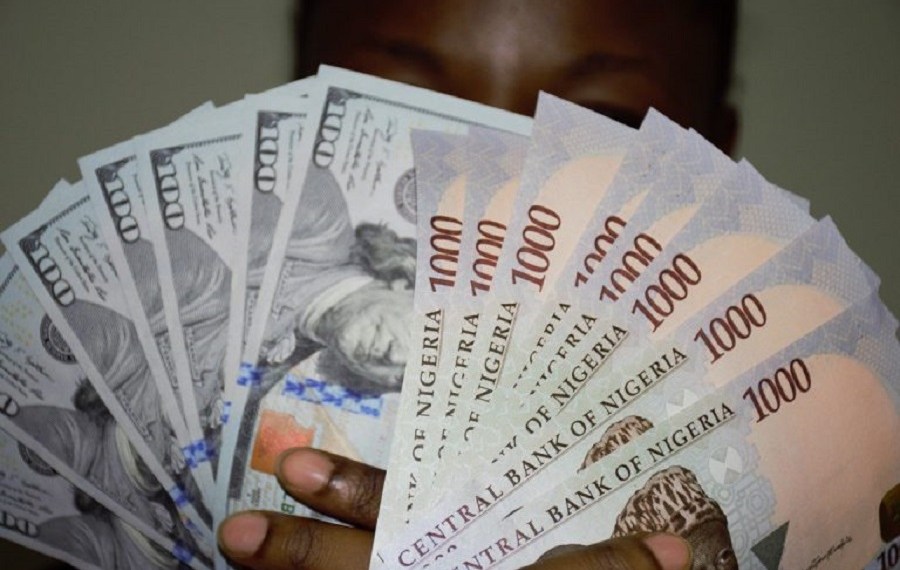
Aboki Naira To Dollar Black Market Rate Today 11th December 2024
The Nigerian Naira has seen a notable depreciation in the black market, commonly referred to as the “Aboki” market, with the exchange rate for buying a US Dollar reaching N1,695 and selling at N1,710 today, December 11, 2024. This adjustment marks a slight increase from the previous day’s rates, continuing the trend of volatility in Nigeria’s informal currency exchange sector.
The black market or parallel market, where these rates are observed, plays a significant role in the Nigerian economy, especially for those unable to access foreign currency through official channels due to bureaucratic hurdles or currency scarcity. The informal market often provides a more immediate reflection of the economic conditions on the ground, contrasting with the Central Bank of Nigeria (CBN) official rate, which was reported at approximately ₦1,688.784 to the Dollar.
Trending Now!!:
Economic analysts point to several factors contributing to this depreciation, including:
- Supply and Demand Dynamics: The black market thrives on the availability of dollars, influenced by remittances from abroad, export revenues, and speculative trading.
- Government Policies: Despite the CBN’s efforts to stabilize the Naira through various monetary policy interventions, the gap between official and black market rates persists.
- Inflation and Economic Health: With inflation rates remaining a concern, the purchasing power of the Naira diminishes, pushing more transactions toward dollar-denominated activities.
The ongoing disparity between official and black market rates has sparked widespread discussions among Nigerians on social media and financial forums, reflecting concerns about economic stability and the effectiveness of current monetary policies. As the naira’s value continues to fluctuate, calls for more robust interventions to narrow this gap are becoming more frequent.
Local traders in major financial hubs like Lagos and Abuja have reported that the rates can shift within hours due to internal and external factors, including international economic news and domestic policy changes. This volatility directly affects individuals and businesses relying on foreign exchange for daily operations, importation, travel, and educational expenses abroad.


